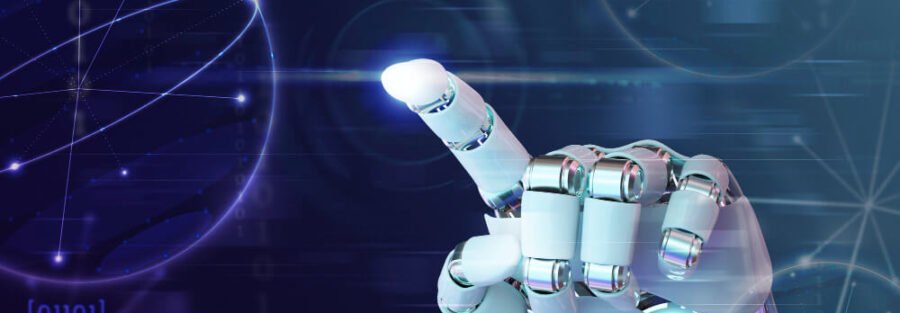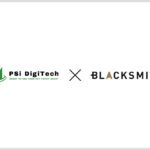In the dynamic world of digital marketing, Pay-Per-Click (PPC) advertising stands as a cornerstone of many businesses’ online strategies. However, as the digital landscape evolves, so too do the tools and technologies that shape PPC campaigns. At the forefront of this evolution are Artificial Intelligence (AI) and Machine Learning (ML), technologies that are revolutionizing PPC campaign management by introducing unprecedented levels of efficiency, personalization, and effectiveness.
The Automation of Bidding Strategies:
One of the most significant impacts of AI and ML on PPC is in the realm of bidding strategies. Traditional manual bidding requires constant monitoring and adjustments to ensure optimal spending and ad placement. AI and ML automate this process, analyzing vast amounts of data in real-time to adjust bids for maximum return on investment (ROI). These automated systems consider factors like time of day, user behavior, and conversion probabilities to make real-time adjustments that would be impossible for human marketers to replicate at the
same scale.
Adding to the sophistication of automated bidding, Google introduced Performance Max campaigns, a pivotal development that leverages AI to manage ad placements across Google’s entire suite of advertising channels, including Search, YouTube, Gmail, and the Display Network. This approach not only simplifies the ad placement process but significantly enhances it by using Google’s extensive data on user behavior and interaction signals. By collecting and analyzing these microdata signals, Google’s algorithms can further optimize campaigns around the advertiser’s specific objectives, ensuring that ads are shown to the right audience at the right time, across the most effective channels. Performance Max campaigns represent a leap forward in automated bidding
strategies, offering unparalleled efficiency and targeting precision that aligns closely with the goals of advertisers, whether it’s generating leads, driving sales, or increasing website traffic.
Enhanced Personalization and Targeting:
AI and ML are also transforming how ads are personalized and targeted. By analyzing user data, these technologies can predict which products or services users are most likely to be interested in, even if they haven’t explicitly searched for them. This level of personalization means that PPC ads can be more relevant to the individual, increasing the likelihood of engagement and conversion. Furthermore, AI-driven segmentation allows marketers to create highly specific target groups based on a wide array of behavioral and demographic data, making campaigns more effective and efficient.
Creative Optimization, Automatically Created Assets:
Creating the perfect ad involves more than just finding the right target audience; it also requires crafting a message that resonates. AI and ML assist in this creative process by analyzing which ad components (such as headlines, images, and calls to action) perform best with certain demographics or interests. This analysis leads
to the generation of highly optimized ads that are more likely to capture attention and drive action. Over time, as the AI systems learn from each campaign’s successes and failures, the effectiveness of ad creatives continues to improve.
Expanding on the capabilities of AI in creative optimization, Google now offers features that further streamline and enhance ad creation. Advertisers can allow Google to automatically generate assets for their ads using content from their landing pages, domain, and existing ads. This innovative approach ensures that the ad content is not only relevant but also closely aligned with the advertiser’s website and brand messaging. Additionally, Google’s Final URL expansion leverages the information on your website landing pages to identify additional
relevant search queries. These features are designed to improve Ad Relevance and overall campaign performance by ensuring that your ads are more accurately targeted and more compelling to your audience. Through these advanced settings, Google is harnessing the power of AI to make creative optimization more intuitive and effective, providing advertisers with tools that automatically adapt and refine their ad content for optimal engagement and results.
In conclusion, the integration of Artificial Intelligence (AI) and Machine Learning (ML) into Pay-Per-Click (PPC) advertising represents a monumental shift in how digital campaigns are conducted. From automating bidding strategies with innovations like Google’s Performance Max campaigns to enhancing creative optimization through asset generation and URL expansion, AI and ML are setting new standards for efficiency, personalization, and effectiveness in advertising. These technologies not only streamline the ad creation and placement process but also unlock new levels of performance by analyzing and leveraging vast datasets in ways previously unimaginable. As we move forward, the role of AI and ML in PPC will continue to evolve, offering even more sophisticated tools and insights for advertisers to reach their objectives. Embracing these advancements is not just beneficial; it’s essential for staying competitive in the rapidly changing digital landscape.




